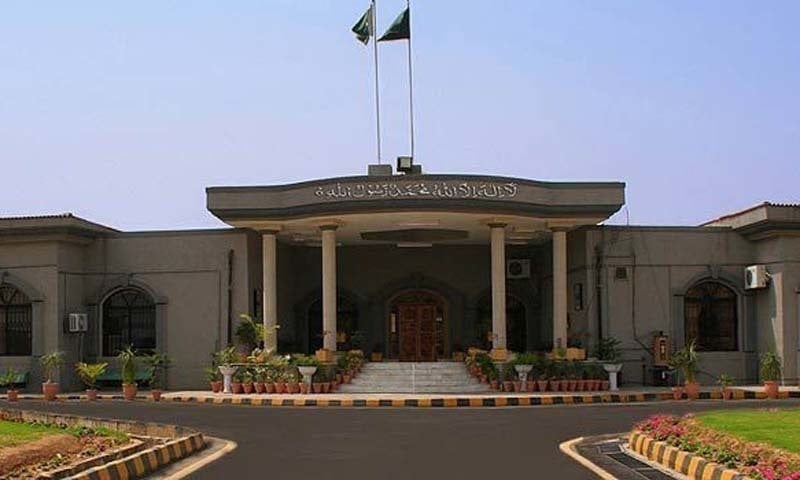ISLAMABAD: The Islamabad High Court (IHC) has issued a pivotal ruling restricting the deputy registrar (judicial) from transferring cases between benches without clear legal grounds or formal approval. The decision comes amid growing concerns over irregularities in judicial bench assignments and the scope of administrative powers exercised by the Acting Chief Justice.
A two-member bench comprising Justice Mohsin Akhtar Kayani and Justice Sardar Ejaz Ishaq Khan delivered a strongly worded, 12-page judgment that scrutinizes recent administrative actions taken under the authority of Acting Chief Justice Sardar Sarfraz Dogar. The court noted that such actions have led to confusion and raised serious questions about procedural fairness.
Registrar’s Powers Clearly Defined
The judgment reaffirms that, under the High Court Rules and Orders, only the Chief Justice holds the authority to approve the judicial roster. While the deputy registrar (judicial) is responsible for the marking and scheduling of cases, they are not authorized to reassign cases between benches without a legally justified reason.
The court cited a recent instance in which a blasphemy case was moved from a division bench to a single bench without any recusal, expressed bias, or formal justification. It emphasized that such a transfer was procedurally flawed and potentially undermined the integrity of judicial proceedings.
Criticism of Acting Chief Justice’s Role
The bench took particular issue with the manner in which the Acting Chief Justice’s office handled the matter, noting a lack of transparency and failure to adhere to established legal protocols. The ruling stressed the importance of administrative neutrality and warned against any actions that could be perceived as interference in judicial independence.
“The transfer of cases without lawful authority and justification poses a serious threat to judicial discipline and procedural fairness,” the verdict reads. It further noted that any reshuffling of benches must be accompanied by clear, lawful reasoning, such as a judge’s recusal or conflict of interest.
Reference to Precedents and Legal Framework
In reinforcing its position, the court cited landmark rulings in the Asif Ali Zardari and Tyrian White cases, reiterating that the formation of benches falls under the chief justice’s domain, and any modification in composition requires legitimate and documented rationale.
The judgment also clarified that administrative models from other high courts—such as the Lahore High Court’s multi-seat setup—do not apply to the IHC, which operates under a single-roster system. As such, attempts to replicate that model without procedural adaptation are invalid.
Guidelines for Future Case Management
To prevent further administrative irregularities, the court directed the registrar’s office to strictly follow the Civil Procedure Code (CPC) and the IHC’s internal rules. It instructed that if the deputy registrar believes a transfer is warranted, the matter must first be raised through the proper channel—specifically, via consultation with the reader (assistant) of the judge currently handling the case.
“This procedural step ensures transparency and allows the sitting judge to confirm whether there is any reason, such as conflict or recusal, to justify the transfer,” the ruling stated.
Significance and Impact
Legal experts have called the judgment a key moment in reaffirming judicial independence and administrative accountability within the Islamabad High Court. It sends a strong message that even temporary administrative appointments must operate within legal limits, and all decisions impacting the judicial process must be firmly rooted in law.
The verdict also aims to restore public confidence in the court’s internal procedures, especially amid politically sensitive and high-profile cases.
This ruling is expected to influence not only case management in the IHC but may also serve as a precedent for other high courts in Pakistan regarding the separation of administrative and judicial functions.










